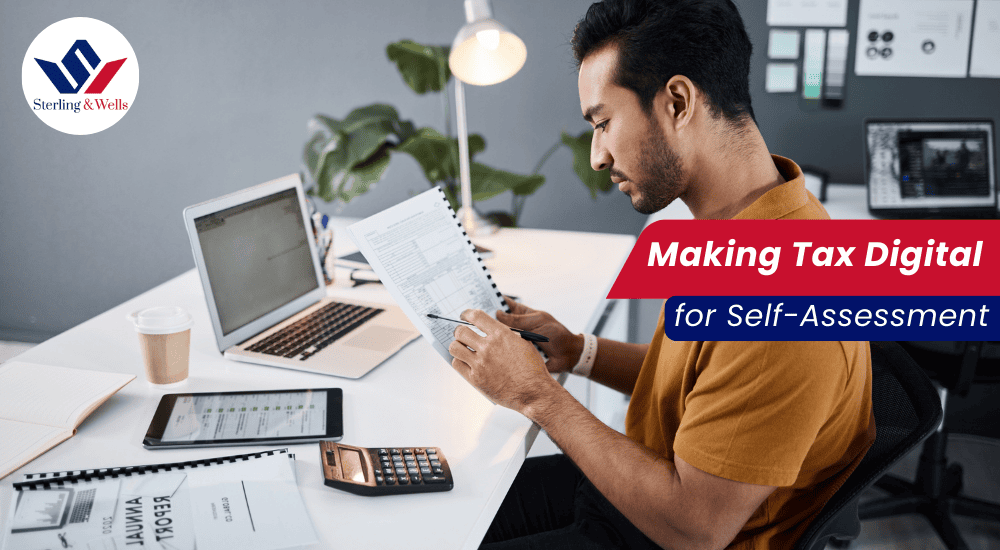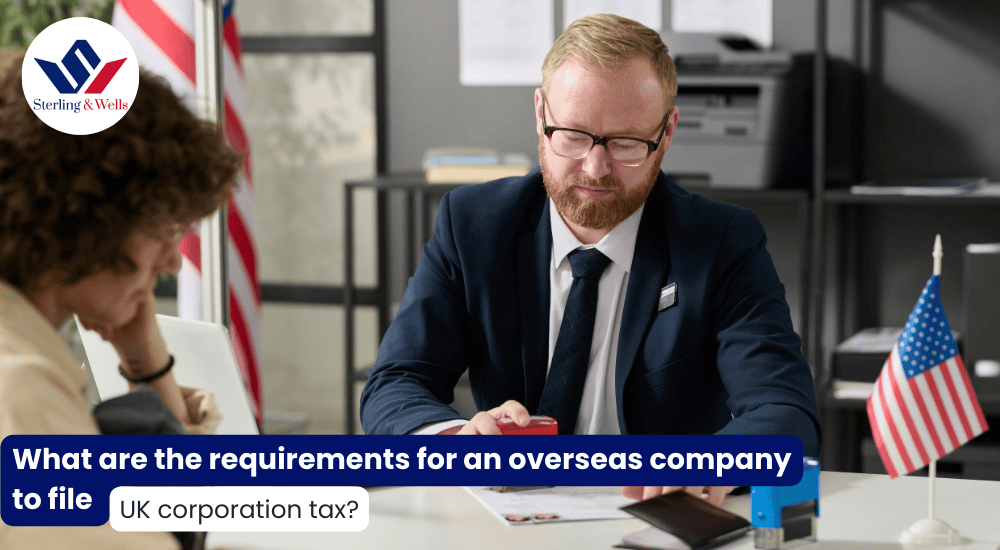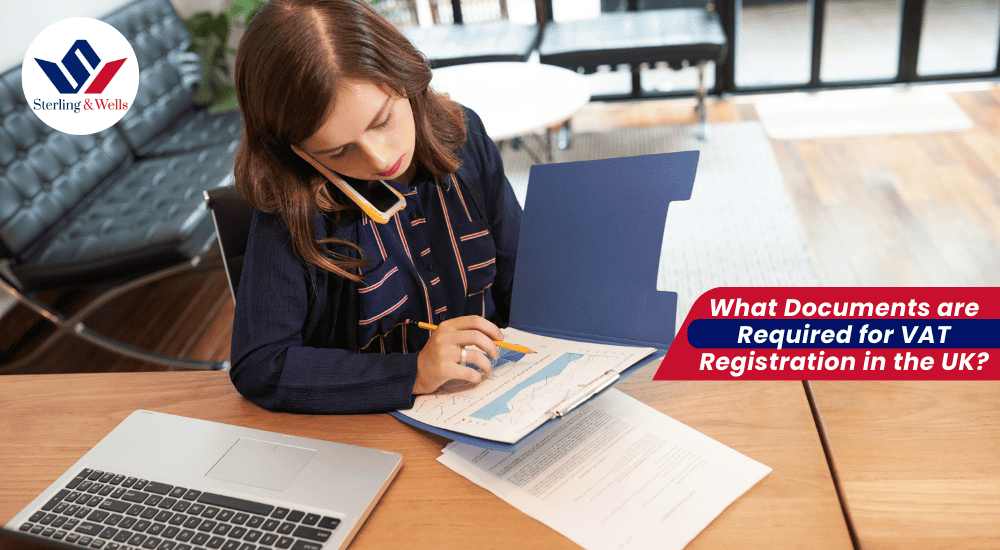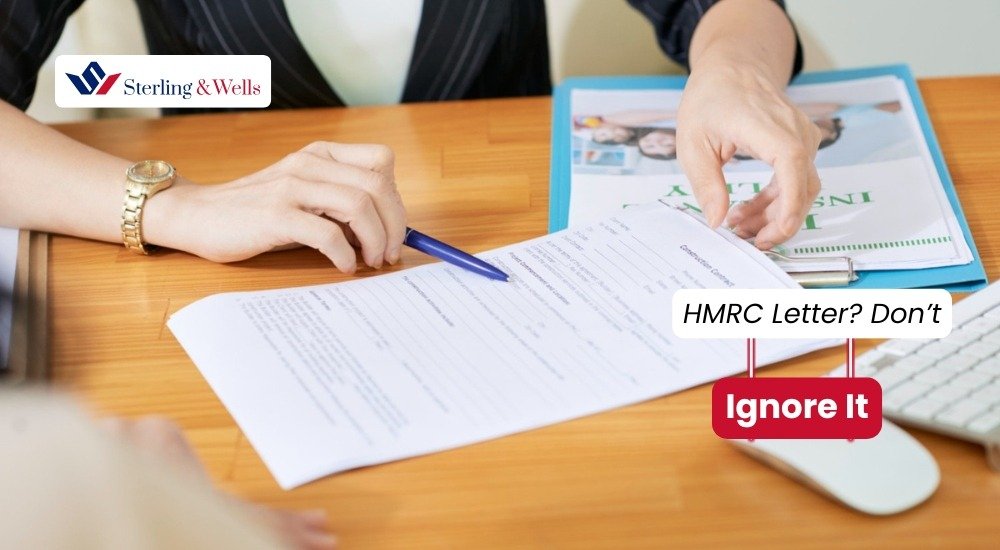For overseas sellers trading online to UK customers, the question of whether a Self Assessment Tax Return is required can be confusing. Selling products on platforms like Amazon, eBay, or Etsy to UK consumers often generates income that is subject to UK tax rules. However, navigating these rules from abroad, while understanding thresholds, VAT obligations, and reporting requirements, can feel daunting.
With recent changes in legislation and the increasing transparency of online marketplace reporting, HM Revenue & Customs (HMRC) now has more tools than ever to identify overseas sellers who need to comply. Understanding when filing is necessary, how VAT interacts with your business, and what compliance obligations you face is essential to avoid penalties and ensure smooth operations.
This article provides a detailed guide for overseas eCommerce sellers, covering Self Assessment requirements, VAT responsibilities, deadlines, and compliance strategies, along with insight into how Sterling & Wells can support your business with expert guidance.
What Is a Self Assessment Tax Return and Why Might You Need to File One?
The Self Assessment system in the UK is a process by which individuals and businesses declare their income to HMRC and calculate their tax liability. While many assume that only UK residents need to file Self Assessment returns, overseas sellers earning income from UK sales may also fall under this requirement.
You must file a Self Assessment return if any of the following apply:
- Your income from UK sales or trading activities exceeds the £1,000 trading allowance in a given tax year
- Your total income exceeds the personal allowance threshold, which is £12,570 for the 2024/25 tax year
- HMRC specifically requests that you file a return
- You have other sources of UK income, such as rental properties, dividends, or interest, that require reporting
Understanding these criteria is vital. Even casual online sellers could be required to submit a return if their income meets the thresholds. Missing this requirement can lead to penalties and unnecessary stress.
How Does HMRC Identify Overseas Sellers?
Since 2025, HMRC has enhanced its oversight of online sales. Major marketplaces—Amazon, eBay, Etsy, and similar platforms—are required to collect detailed information about their sellers and report monthly sales data to HMRC.
For instance, if you sell more than 30 items or make over £1,700 in a single month on these platforms, your information will be shared with HMRC. This reporting means HMRC is unlikely to overlook overseas sellers who earn significant income from UK consumers. Even casual sellers may receive notifications to file a Self Assessment return if their sales exceed these thresholds.
This enhanced monitoring ensures that overseas sellers comply with UK tax rules, and it highlights the importance of maintaining accurate records and understanding when filing is required.
When Must You Report Your Online Selling Income?
The nature and volume of your sales determine your filing obligations. If you occasionally sell personal possessions, like second-hand clothes or household items, reporting is generally not required unless a single item generates a profit above £6,000, which may attract Capital Gains Tax.
However, if you regularly buy or manufacture goods for sale with the intention of generating profit, your activity counts as trading. In this case, any income exceeding £1,000 in a tax year triggers the requirement to report it via Self Assessment. This £1,000 trading allowance applies not only to physical goods but also to services, digital content creation, and other online income-generating activities.
For example, if you import products from abroad and resell them to UK customers, all trading income is combined to determine if you exceed the threshold. Once exceeded, HMRC expects notification and typically requires a Self Assessment tax return.
Understanding VAT Responsibilities as an Overseas Seller
In addition to Self Assessment, overseas sellers need to understand UK VAT obligations. Since January 2021, VAT rules require sellers storing goods in the UK or selling directly to UK consumers to register for VAT once annual sales exceed £85,000.
Platforms often help manage VAT through the Marketplace VAT rules, where they charge and remit VAT on behalf of sellers. However, these rules do not automatically absolve sellers from compliance. Registration may still be required, and sellers must ensure that VAT returns are filed correctly, especially if using warehouses or fulfilment services within the UK.
If your sales remain below the VAT threshold, registration is not mandatory. But surpassing the threshold triggers a requirement to register, charge VAT, and submit quarterly VAT returns. Non-compliance can result in penalties, interest charges, or additional scrutiny from HMRC.
Deadlines and Compliance Tips
Timely registration and submission are essential for overseas sellers. You must register for Self Assessment with HMRC by 5 October following the tax year in which you earned income. For the 2024/25 tax year, which runs from 6 April 2024 to 5 April 2025, registration is due by 5 October 2025.
The completed tax return and any tax owed are then due by 31 January the following year. Missing these deadlines leads to fines and interest, which increase over time. Therefore, keeping a clear calendar of deadlines, collecting records promptly, and filing returns early are best practices for avoiding unnecessary penalties.
What Could Happen If You Don’t File?
Failure to meet your UK Self Assessment obligations carries several risks. HMRC may impose penalties and interest, and repeated non-compliance could trigger an audit or investigation. With enhanced marketplace reporting, overseas sellers are now more visible than ever to HMRC, making non-compliance more noticeable.
Ignoring these responsibilities could also damage your business’s reputation and lead to higher costs due to late payment surcharges. Proactively managing your tax obligations mitigates these risks and ensures smooth operations in the UK market.
How Sterling & Wells Can Help You Stay Compliant
Navigating UK tax law from abroad can be complex and time-consuming. Sterling & Wells specialises in helping overseas eCommerce sellers understand and meet UK tax obligations.
Our services include:
- Evaluating whether your business needs to file a Self Assessment return or register for UK VAT.
- Handling HMRC registration for your business and managing ongoing communication.
- Preparing and submitting Self Assessment returns accurately and on time.
- Managing VAT registration, filings, and compliance tailored to your trading activities.
- Offering ongoing guidance as your business grows or as legislation changes.
By partnering with Sterling & Wells, you gain confidence that your UK tax obligations are managed professionally, reducing risk and freeing you to focus on your business.
Why Professional Support Matters
Trying to navigate UK tax rules independently, especially from abroad, can be risky. Errors in filings, miscalculations, or overlooked deadlines can lead to unexpected tax bills, penalties, or disputes with HMRC.
With expert support, you benefit from knowledge of the latest HMRC requirements and marketplace reporting regulations. Whether you are a casual seller or run a high-volume eCommerce store, professional advice can help ensure compliance, accurate filings, and peace of mind.
Conclusion
For overseas sellers targeting UK customers, understanding your obligations for Self Assessment Tax Returns and VAT is crucial. Thresholds such as the £1,000 trading allowance, the personal allowance, and the £85,000 VAT registration requirement are important benchmarks to monitor.
With stricter HMRC oversight of online marketplaces and seller activities, registering on time, filing returns promptly, and seeking professional guidance can save you money, time, and stress.
Sterling & Wells is here to support overseas eCommerce sellers, providing clarity, compliance, and expert advice so you can confidently manage your UK tax responsibilities. Contact our team today to discuss your circumstances and streamline your UK tax filing process.






